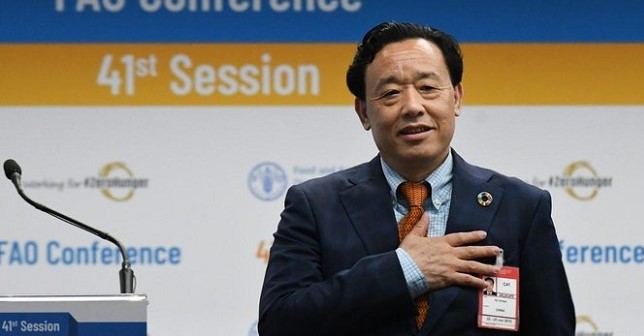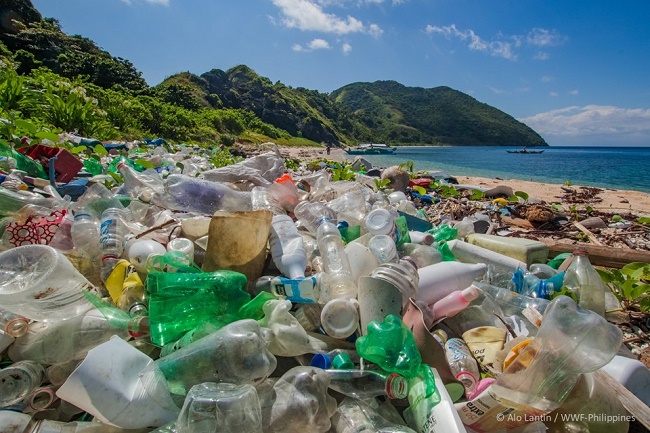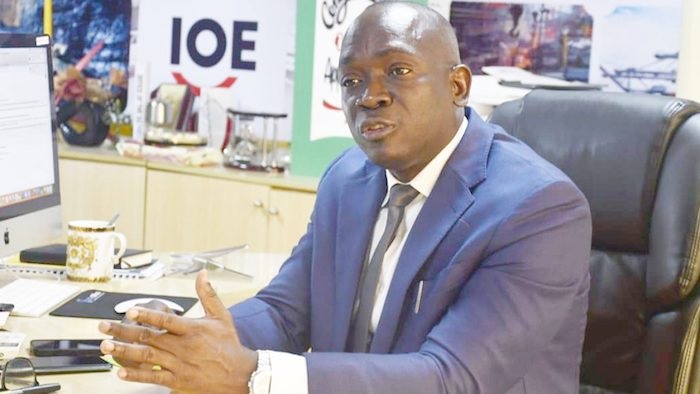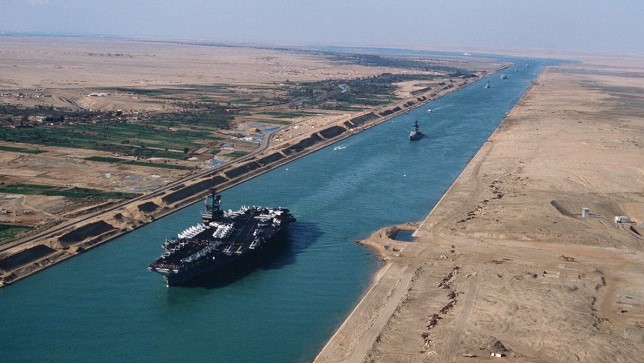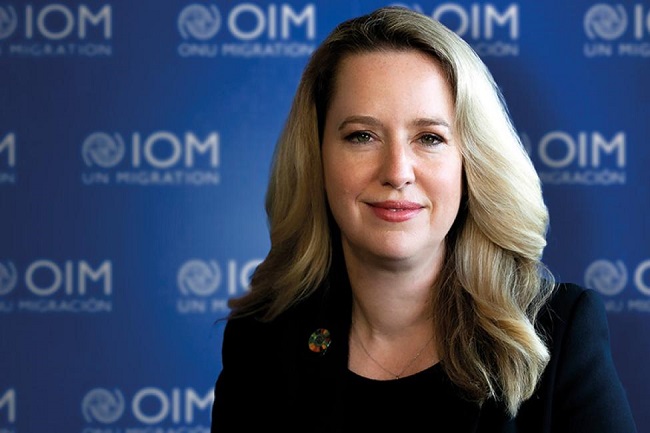Available data indicates that Nigeria has an arable land area of 34 million hectares; 6.5 million hectares for permanent crops and 28.6 million hectares on meadows and pastures.
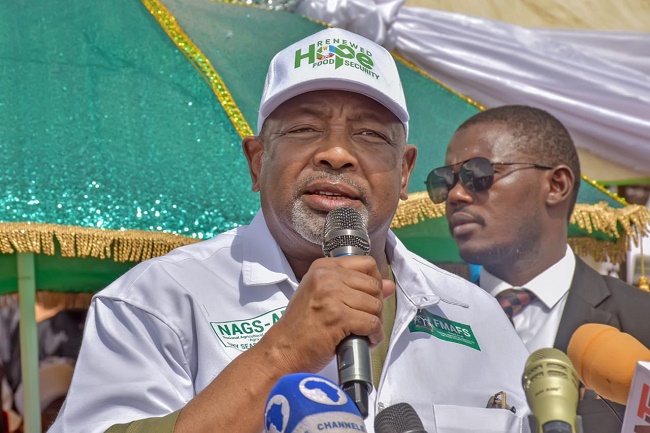
With such large areas of arable land and weather conditions suitable for various nutrient-rich crop varieties, Nigeria is expected to be one of the best food secured countries in the world.
Nigeria’s opportunity in this regard is further boosted by its youthful population.
However, attaining food security has been a herculean task.
According to statistics by 2024 Cadre Harmonise report, 31.8 million Nigerians are suffering from acute food insecurity compounded with malnutrition among women and children.
In the light of the foregoing, stakeholders opine that incentivising smallholder farmers to scale production is the surest way to the nation’s attachment of food security.
The stakeholders recently converged on Abuja for the 2024 National Agriculture Show (NAS) from Nov. 20 to 24, 2024, with the theme, “Incentivising Smallholder Farmers to Scale for Attainment of Food Security.’’
They listed the smallholder farmers as women, persons with disabilities and youths.
The agric show is organised annually by the National Agricultural Foundation of Nigeria (NAFN) in collaboration with All Farmers Association of Nigeria (AFAN) and other stakeholders.
The show avails farmers across the states of the federation opportunities to showcase their agricultural potentials, resources and products.
In her submission, Mrs Nkiruka Okonkwo, Chairperson, National Agricultural Show Youth and Women in Agriculture Committee, said that it was imperative for the country to target investments towards boosting women farmers participation and productivity to capitalise on the potential economic gains.
Okonkwo, also the Chief Executive Officer of Fresh and Young Brains Development Initiative (FBIN) and the Keynote Speaker, said it was pertinent for the government and stakeholders to invest in gender-disagregated data collection especially budget and expenditure data.
She said the gesture would facilitate analytics and evidence-based policy making and enhance women and youth empowerment in the sector.
Okonkwo said that empowering women, youth and PWDs smallholder farmers was critical to the nation’s food security.
She said that such could be done by providing targeted incentives, strategic interventions, multi-stakeholders collaboration, policy support and innovation solutions as well as an enabling environment.
Okonkwo said through such initiatives or efforts, the country could unlock its potential, enhance its productivity and boost national food security.
She said that women played a vital role in the country’s agricultural sector; contributing 70 per cent of the agricultural workforce and 60 per cent of smallholder farmers; however, they faced numerous challenges.
“These challenges include limited access to land, finance, gender-friendly and affordable technology and markets, social and cultural barriers, climate change, among others.
“Nigeria can advance further in agriculture if women, youth, PWDs are freed from socioeconomic constraints.’’
She recommended separate budget lines in the annual budgets for women, youth and PWDs.
Okonkwo urged all stakeholders to collectively commit to empowering women, PWDs and youth small holder farmers.
“Women, PWDs and young smallholder farmers are critical in achieving food security in Nigeria.
“So, it is necessary to enhance their access or capabilities, participation and quality of influence through financial incentives, technical assistance, market access, technology adoption and social protection.
“Enabling women and youth to thrive in the sector requires two main categories of incentives targeted and strategic–women-focused incentives which include land ownership, tenure security, access to finance and social protection and safety nets.
“Youth-focused incentives include agricultural entrepreneurship training, access to innovative finance, youth-friendly technology and digitalisation.
“Others are apprenticeship, volunteerism, mentoring and agribusiness incubation, market and linkages, policy support and advocacy,” she said.
On his part, Mr Kabir Ibrahim, Chairman, Board of Trustees of the National Agricultural Foundation of Nigeria (NAFN), said the country could only achieve food security by 2025 if challenges faced by smallholder farmers were addressed.
He identified insecurity as number one threat to the attainment of food security followed by climate change.
Ibrahim, also the President All Farmers Association of Nigeria (AFAN), said that everyone must work very hard to mitigate the situation.
He urged the government and all and sundry to make the country food secure in 2025 by properly and decisively supporting smallholder farmers through creation of enabling environment to enable them upscale productivity.
“It is exceedingly difficult to attain food security today without first identifying regional staple foods and scaling their production, processing, distribution as well as adequately storing surplus properly and consuming them moderately and appropriately.
“We must also minimise post-harvest losses by evolving adequate cold and dry storage as well as constant recycling and appropriate disposal of food waste.
“Efforts of smallholder farmers to scale their productive capacities must be sustainably supported by governments at all levels so that they become small scale producers who will be able to support sustainable industrial growth,’’ he said.
More so, Gov. Abdullahi Sule of Nasarawa State called on the Federal Government to prioritise the agric show by investing massively on it in order to achieve its set target.
Sule, who was represented by Abubakar Madak, Chairman, Karu Local Government, called on the Federal Government to further build the necessary infrastructure at the show ground to make exhibitions more attractive to all the stakeholders and farmers annually.
The Minister of Agriculture and Food Security, Sen. Abubakar Kyari, said government had put modalities in place to address critical issues affecting farmers and ameliorate the sector challenges.
Mr Jafar Umar, Director General, NABG, an NGO, said the organisation was saddled with the responsibilities of reducing poverty among others.
Umar said the organisation was collaborating with the government to grow the country’s agricultural economy, create jobs and lift millions out of poverty.
According to him, NABG investments cut across the entire value chain, from inputs to output markets, export markets, equipment and consumer food manufacturing.
Dr Ifeoma Anyawu, Head of Gender, Federal Ministry of Agriculture and Food Security (FMAFS), said the country must invest in women and youth in order to cultivate the next generation of family farmers.
Anyawu explained that women constituted 43 per cent of the agricultural labour in the developing world while in some other countries they constituted 80 per cent.
According to her, the women have limited access to credit and lack control of family funds.
“The United Nations Food and Agriculture Organisation (FAO) found that only 10 per cent of credit in Sub-Sahara Africa is available to women.
“Women also face scanty educational opportunities and gender discrimination; no proper training and they are unable to make improvements to their farming methods and continue to suffer from low food yields.’’
Anyawu, who identified the number of young people of working age as increasing, said that the same group typically rejected careers in agriculture and food system.
“But we can change that and cultivate the next generation of agricultural leaders-not just farmers, but food entrepreneurs, scientists, agronomists, extension agents, Union a government leaders.
“Government needs to invest in policies and practices that provide access to land, credit and banking services, education and knowledge and technical skills for youth and women in agriculture,’’ she said.
In all, it is stakeholders’ view that many rural areas are not stimulating places for youth to live and develop; hence, the need to make rural areas more attractive so that youths can venture into agriculture and bolster the nation’s ability to feed itself and the whole world.
They hold that there should be policy in place that will provide access to land, credit facility, education, good transport system, agricultural equipment and other social amenities for youth and women in agriculture.
By Felicia Imohimi, News Agency of Nigeria (NAN)




